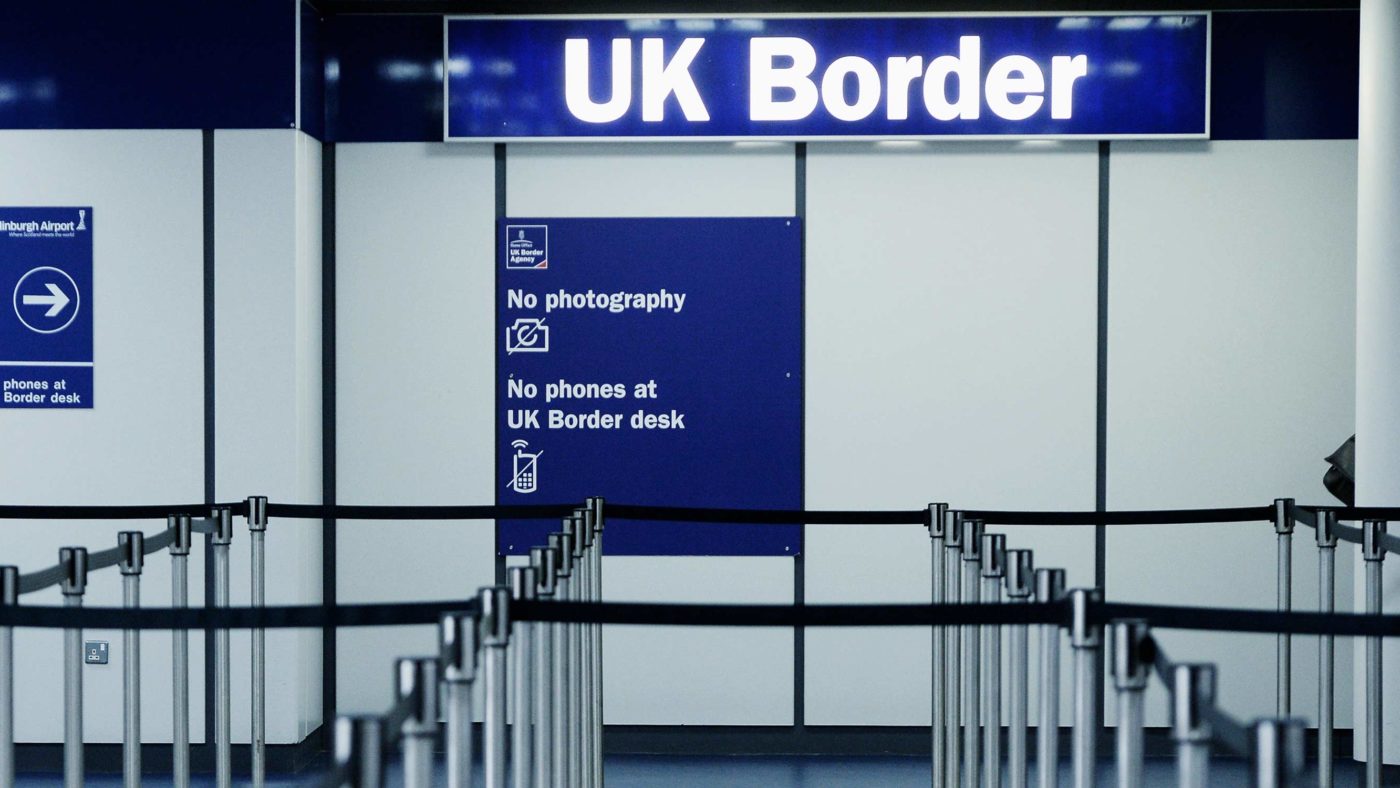Whatever you might think of Boris Johnson – and the range of opinions on offer at Conservative Party Conference is certainly wide – it was refreshing to hear an unambiguous case made for freedom and the principles of lower taxation and enterprise at his big fringe appearance this afternoon.
Too often this week, the Conservatives seem to have lost not just the courage of their convictions, but the convictions themselves. Part of that emanates from Number 10, where from day one Theresa May has evinced a curiously paternalistic, statist type of Toryism instead of a commitment to economic freedom.
That much was evident in her announcement today of her preferred post-Brexit migration system. The plans are based heavily on the Migration Advisory Committee’s recent report and there are certainly some welcome proposals, especially the levelling of the playing field between EU nationals and the rest of the world.
After Brexit, entry to the UK will be based on skills, not nationality – that much seems both fair and sensible. It won’t necessarily mean a plummeting number of EU migrants. Our wealthy, jobs-rich economy will continue to be a magnet for the continent, not least because it’s within easy reach.
But we ought to be profoundly worried about the Prime Minister’s idea that we should cap the number of so-called low-skilled migrants. For one thing, arbitrary quotas decided from Whitehall are not likely to be responsive to the needs of either businesses or public sector employers.
Perhaps more pertinently, a cap simply won’t work. We can already see how exemptions will be carved out for certain areas – the NHS and agriculture, for instance – that will only multiple as all manner of industries struggle to keep their heads above water.
And as the Windrush scandal so amply demonstrated, there’s a big difference between coming up with a set of rules and implementing them effectively. The more complexity ministers load on the system, be it through quotas or segmentation of different types of worker, the more scope the Home Office has to mess things up.
There is a broader point here. One of the most galling parts of the immigration debate is the idea that government must be “tough” on immigration, as though people coming to this country is inherently a risky, dangerous phenomenon, rather than an important driver of prosperity.
Witness today’s headline on Sky News about a “crackdown” on low-skilled migrants, as though we were welcoming hordes of petty criminals, rather than industrious people often doing extremely tough jobs for not very high pay.
The odd paradox of May’s position is that high-skilled jobs are more likely to be offered to new arrivals, while Brits will, in theory, be left filling up the lower skilled end of the labour market.
Much more likely, of course, is that tens, if not hundreds, of thousands of positions will simply go unfilled. That will have dramatic consequences for both industry and public services. May has also set the bar for “low-skilled” jobs ludicrously high at £50,000 a year — far more than the £31,000 the MAC Itself had recommended.
As one wag on Twitter put it: “Great news! Except for pubs, restaurants, cafes, factories, shops, petrol stations, train stations, farms, construction, hospitals, refuse collection.”
And while it’s perfectly understandable to want to control our own borders, and many people voted Leave on that basis, the case for a liberal approach to immigration is overwhelming.
The typical arguments made against, especially the claims surrounding immigrants’ burden on public services, are simply not supported by the weight of evidence. Ditto the idea that people are coming here to defraud the benefits system or live high on the hog on taxpayer-funded services, given that migrants on average contribute more to the Exchequer than those born in the UK.
None of this is to say immigration is a silver bullet for the British economy, or to deny that it has its pitfalls in parts of the country not properly prepared for a large influx of new people. But it is to point out the long, long list of industries that would suffer hugely from May’s apparent acceptance that “low-skilled” migrants should be kept to a minimum.
And it is to urge politicians of a liberal bent to listen to voters’ concerns about immigration, but also to have the courage of their convictions to point out that economic migrants are an asset to this country, not the root of all our problems.


